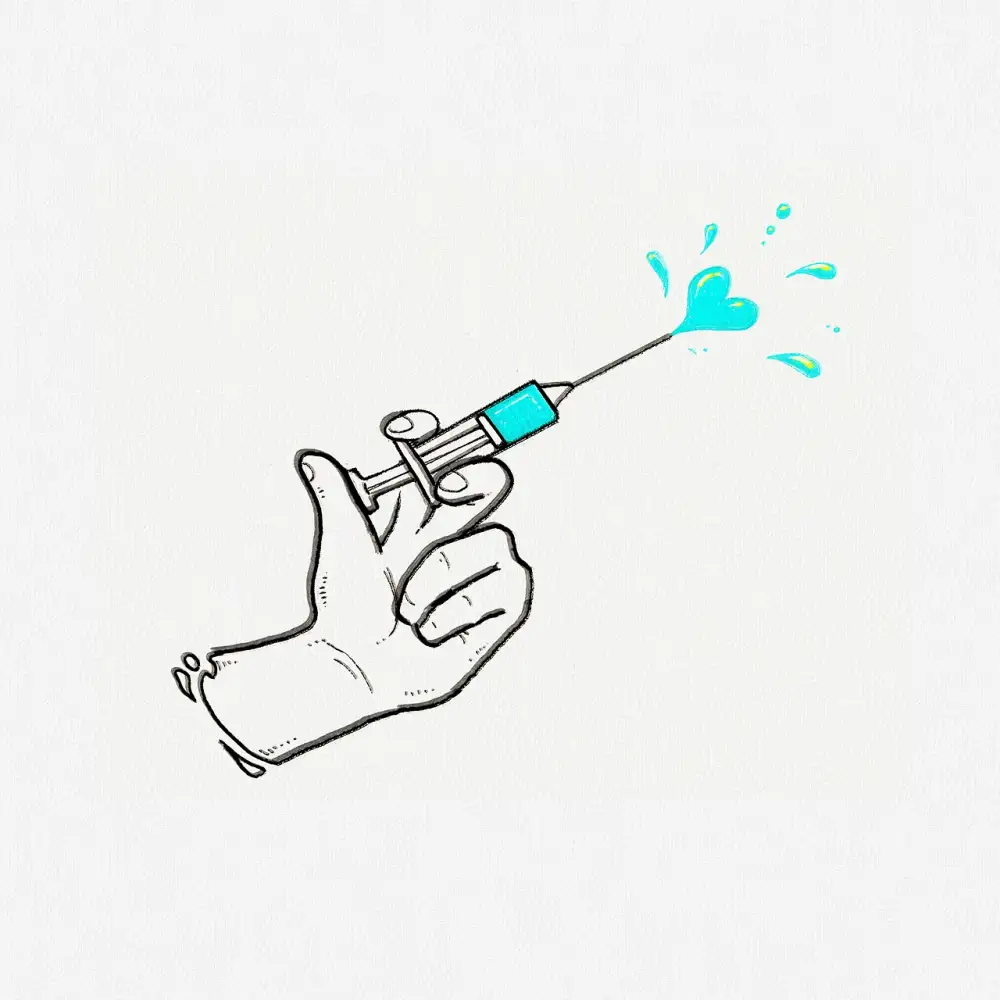Unlocking the Power of Up Syndrome: A Journey of Hope and Resilience in Health

- Exploring the portrayal of "Up Syndrome" in movies and books
- Understanding the impact of "Up Syndrome" on individuals and their families
- Highlighting the challenges faced by individuals with "Up Syndrome" and the importance of support
- Shedding light on the advancements in medical research and therapies for "Up Syndrome"
- Promoting inclusivity and acceptance of individuals with "Up Syndrome" in society
While Down Syndrome is a widely recognized genetic disorder, there is another lesser-known condition called "Up Syndrome" that deserves our attention. Similar to Down Syndrome, Up Syndrome is also caused by an extra copy of chromosome 21. However, unlike Down Syndrome which results in physical and intellectual disabilities, individuals with Up Syndrome exhibit remarkable abilities and strengths. This unique condition challenges the traditional perception of genetic disorders and offers a new perspective on human potential. In this article, we will explore the world of Up Syndrome, its portrayal in media, its impact on individuals and their families, as well as the advancements in research and therapies that are unlocking the power of this extraordinary syndrome.
Exploring the portrayal of "Up Syndrome" in movies and books
"Exploring the portrayal of "Up Syndrome" in movies and books"
The portrayal of "Up Syndrome" in movies and books has played a significant role in raising awareness and promoting inclusivity. Films like "The Upside" and "Upsy Daisy" have depicted characters with "Up Syndrome" as individuals with unique abilities, dreams, and aspirations. These portrayals challenge stereotypes and showcase the resilience, determination, and joy that individuals with "Up Syndrome" bring to their lives. Similarly, books such as "Wonderstruck" and "The Memory Keeper's Daughter" delve into the complexities of living with "Up Syndrome," highlighting the importance of empathy, understanding, and acceptance. Through these powerful narratives, we gain a deeper understanding of the experiences of individuals with "Up Syndrome," breaking down barriers and fostering a more inclusive society.
Understanding the impact of "Up Syndrome" on individuals and their families
"Understanding the impact of "Up Syndrome" on individuals and their families"
"Up Syndrome", also known as Trisomy 21, is a genetic disorder that affects individuals in various ways. It is characterized by physical and intellectual disabilities, but it is important to recognize that each person with "Up Syndrome" is unique and has their own strengths and abilities.
For individuals with "Up Syndrome", daily life can present challenges in areas such as communication, learning, and social interaction. They may require additional support and resources to navigate these challenges effectively. However, it is crucial to remember that they are capable of achieving personal growth and development with the right encouragement and opportunities.
Families of individuals with "Up Syndrome" often face emotional and practical challenges. They may experience feelings of uncertainty, worry, or even isolation. The responsibility of caring for a loved one with "Up Syndrome" can be demanding, requiring patience, understanding, and adaptability.
However, it is essential to highlight the positive impact that individuals with "Up Syndrome" have on their families. Their joyful spirit, resilience, and ability to find happiness in simple moments can bring immense joy to those around them. Families often report experiencing increased empathy, compassion, and a broader perspective on life through their interactions with their loved ones with "Up Syndrome".
It is crucial for society to recognize the unique needs of individuals with "Up Syndrome" and provide them with equal opportunities for education, employment, healthcare, and social inclusion. By fostering an inclusive environment that celebrates diversity and promotes acceptance, we can create a society where everyone feels valued regardless of their abilities.
In the next section of this article, we will explore the challenges faced by individuals with "Up Syndrome" and discuss the importance of support systems in helping them overcome these obstacles."
Highlighting the challenges faced by individuals with "Up Syndrome" and the importance of support
Individuals with "Up Syndrome" face various challenges that can affect their daily lives. These challenges may include cognitive delays, speech and language difficulties, and physical limitations. Additionally, they may also experience sensory sensitivities and have difficulty with social interactions.
Support plays a crucial role in helping individuals with "Up Syndrome" overcome these challenges. Early intervention programs provide specialized therapies such as speech therapy, occupational therapy, and physical therapy to help improve their communication skills, motor abilities, and overall development.
Furthermore, educational support is essential for individuals with "Up Syndrome" to reach their full potential. Inclusive classrooms that provide individualized education plans (IEPs) and accommodations can help them thrive academically and socially.
Emotional support is equally important for individuals with "Up Syndrome" and their families. They may face stigma or discrimination due to misconceptions about their abilities. Encouragement from family members, friends, and the community can boost their self-esteem and foster a sense of belonging.
In addition to emotional support, access to healthcare services is vital for managing the unique medical needs associated with "Up Syndrome". Regular check-ups, screenings for common health conditions like heart defects or thyroid problems, and appropriate medical interventions are essential for maintaining optimal health.
By recognizing the challenges faced by individuals with "Up Syndrome" and providing the necessary support systems, we can empower them to lead fulfilling lives. Through inclusive education, specialized therapies, emotional support networks, and accessible healthcare services, we can ensure that they have equal opportunities to succeed and contribute to society.
Shedding light on the advancements in medical research and therapies for "Up Syndrome"
Advancements in medical research and therapies for "Up Syndrome" have brought new hope to individuals and their families. Scientists are tirelessly working to understand the genetic basis of this condition, leading to potential breakthroughs in treatment options. Innovative therapies, such as speech and occupational therapy, have shown promising results in improving communication skills and overall development. With ongoing research, we can expect further advancements that will enhance the quality of life for individuals with "Up Syndrome".
Promoting inclusivity and acceptance of individuals with "Up Syndrome" in society
Promoting inclusivity and acceptance of individuals with "Up Syndrome" in society is crucial for creating a more compassionate and understanding world. It starts with education and awareness, dispelling misconceptions and stereotypes surrounding "Up Syndrome". By fostering a culture of inclusion, we can encourage equal opportunities for individuals with "Up Syndrome" in education, employment, and social settings. Let us embrace their unique abilities and celebrate the diversity they bring to our communities. Together, we can build a society that values and respects the contributions of every individual, regardless of their genetic makeup.
In conclusion, it is crucial for society to embrace diversity and celebrate the unique abilities of individuals with "Up Syndrome". By recognizing their strengths and providing support, we can create an inclusive environment where they can thrive. Let us appreciate the resilience, hope, and joy that individuals with "Up Syndrome" bring to our lives. Together, we can unlock their true potential and promote a world filled with acceptance and understanding.
Published: 04. 01. 2024
Category: Food



